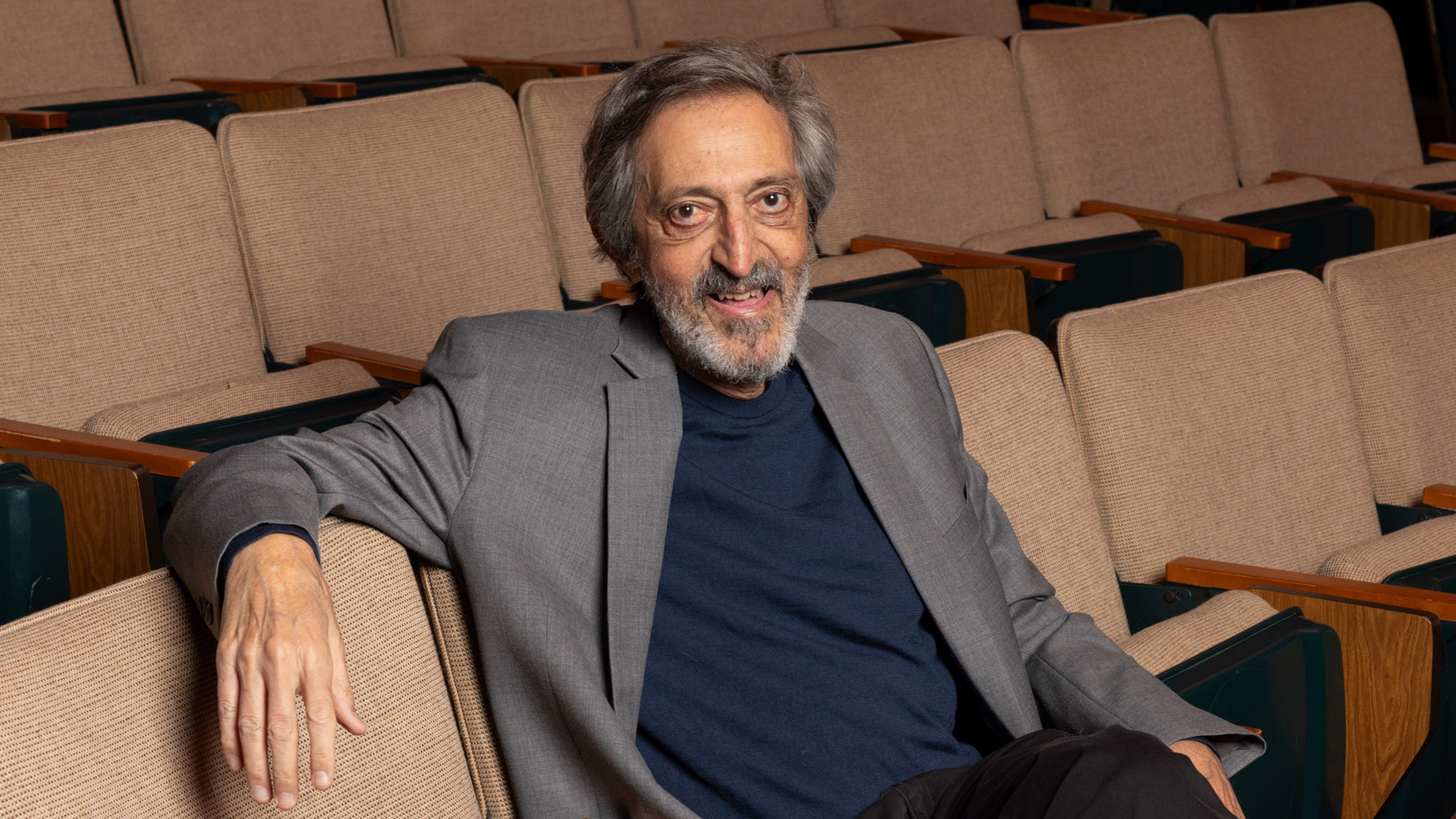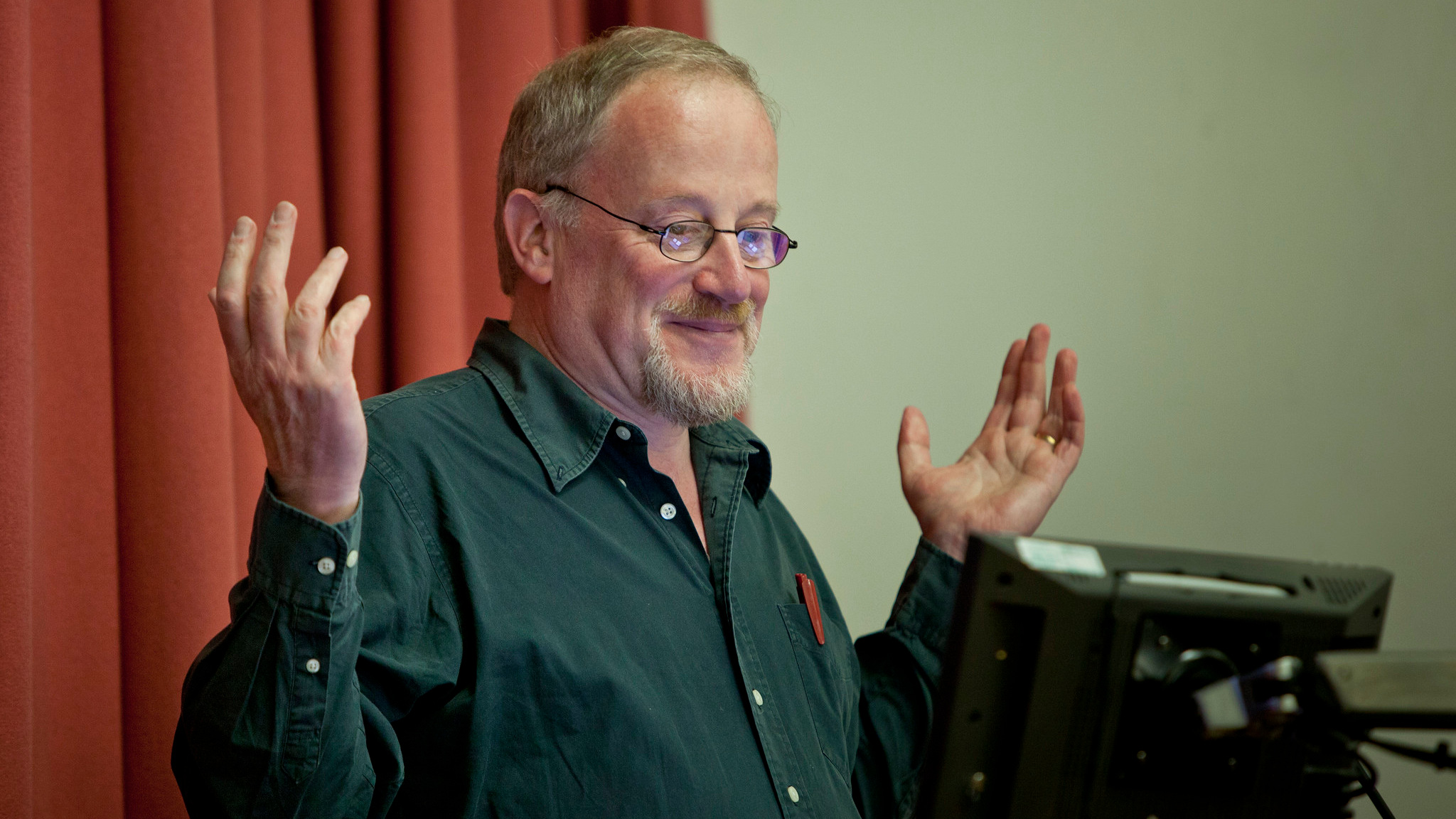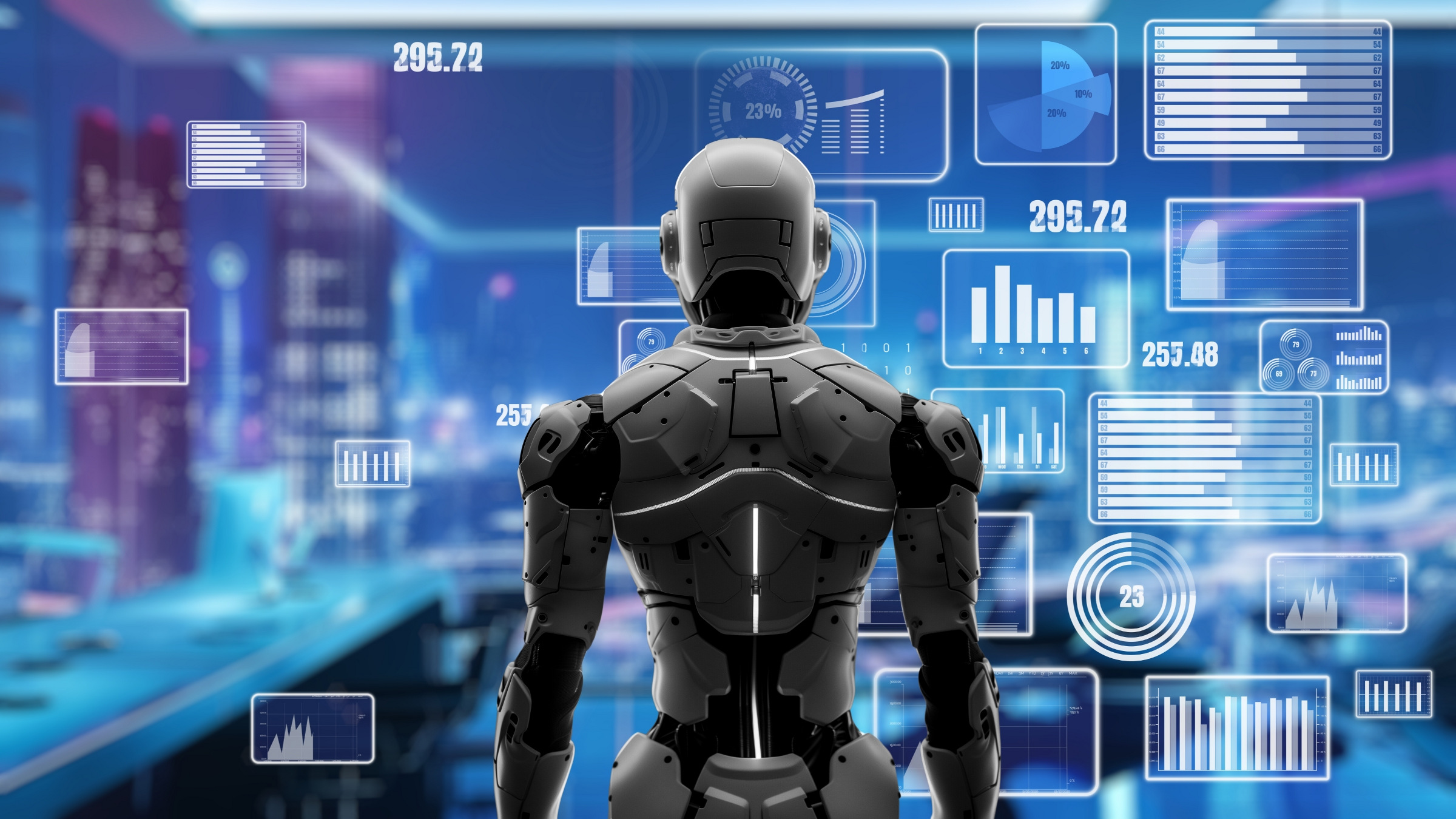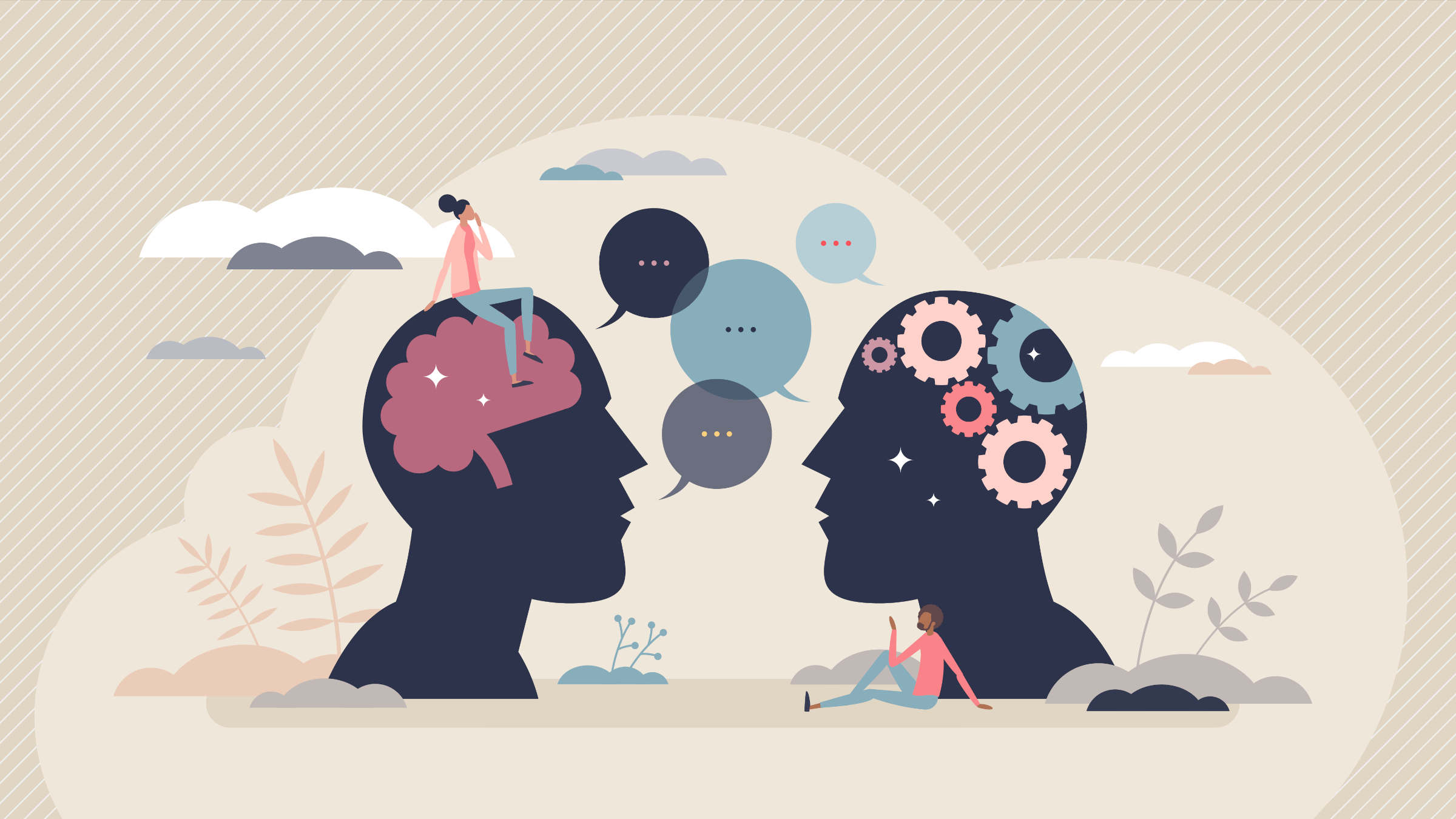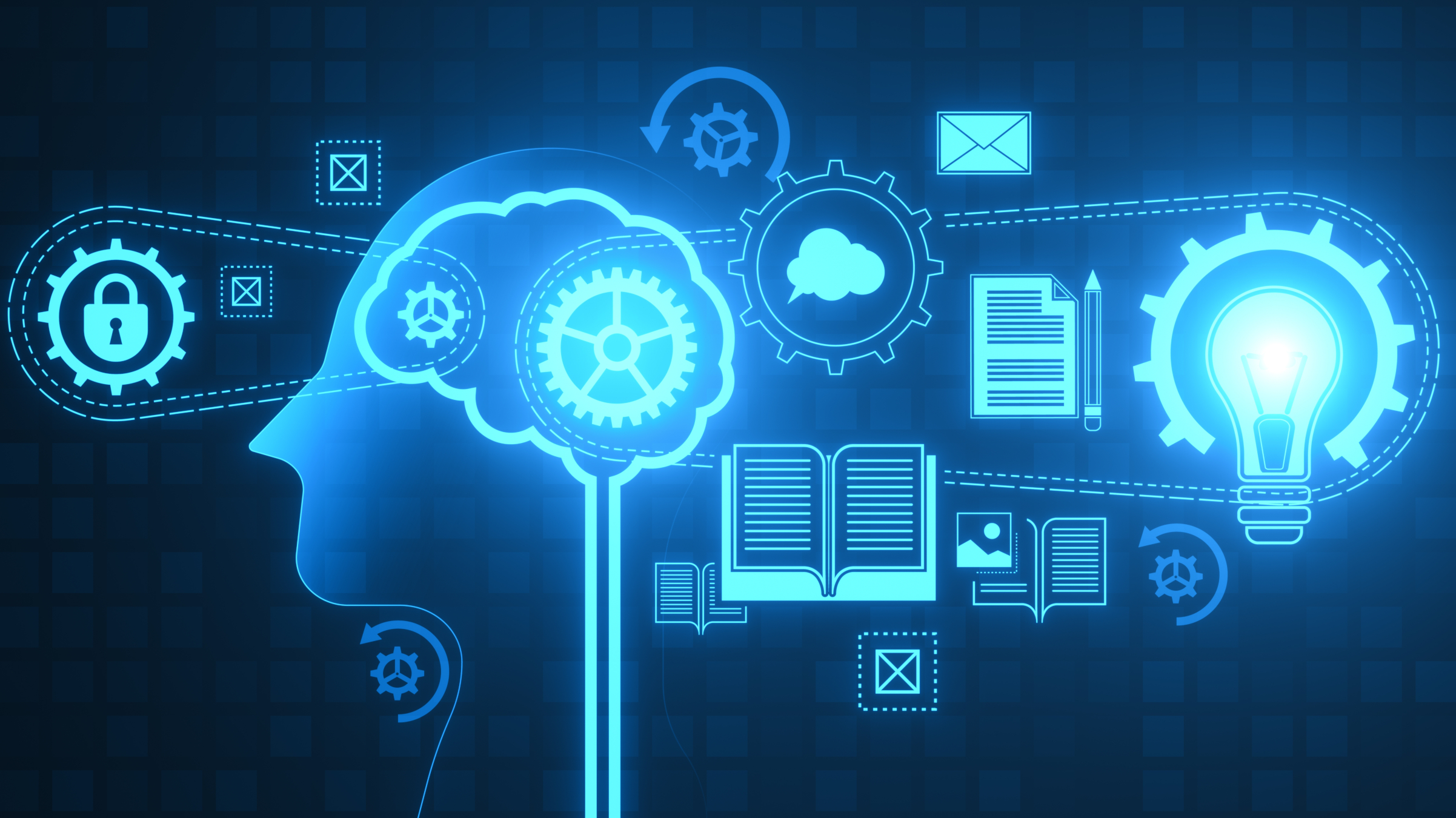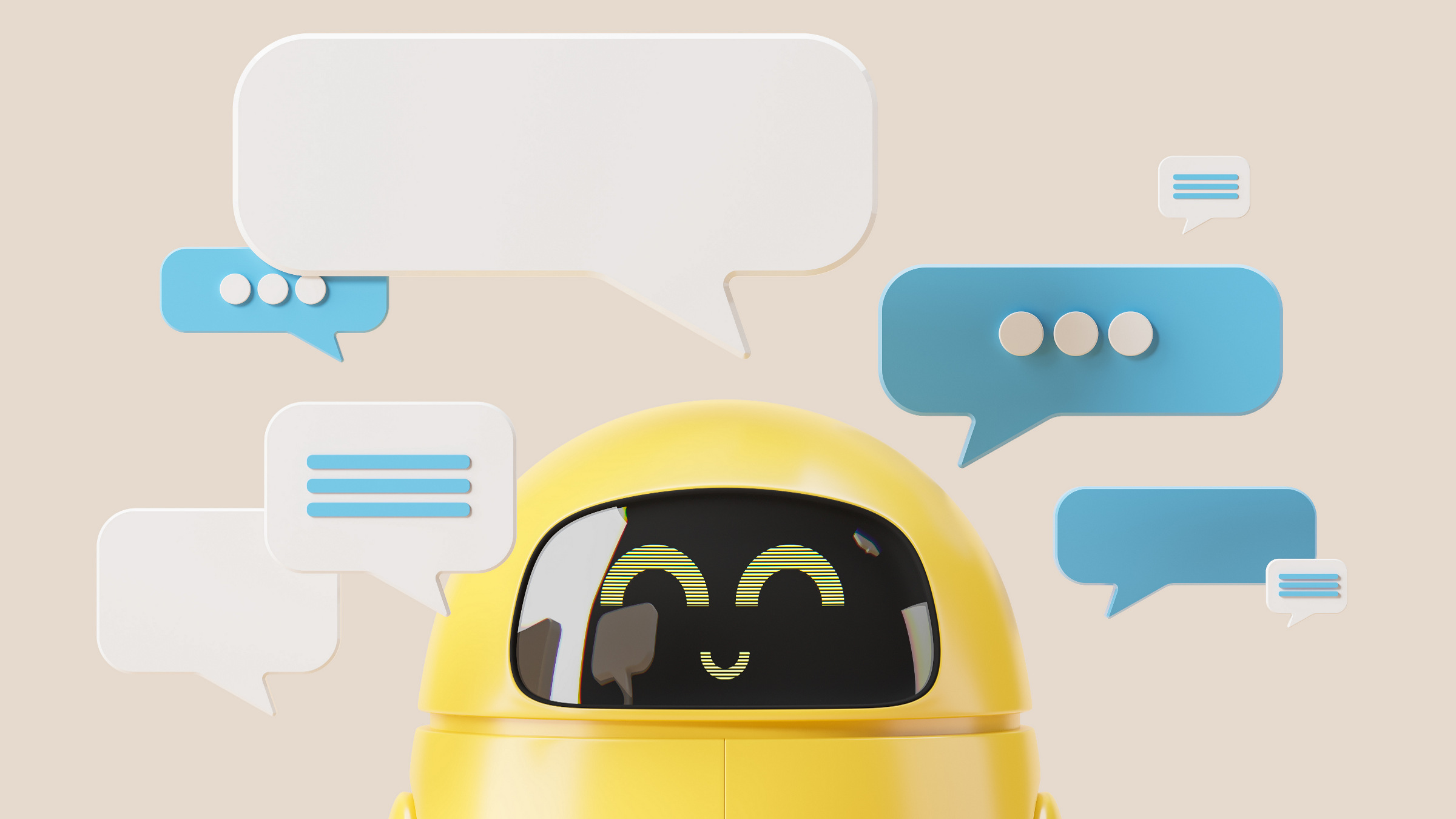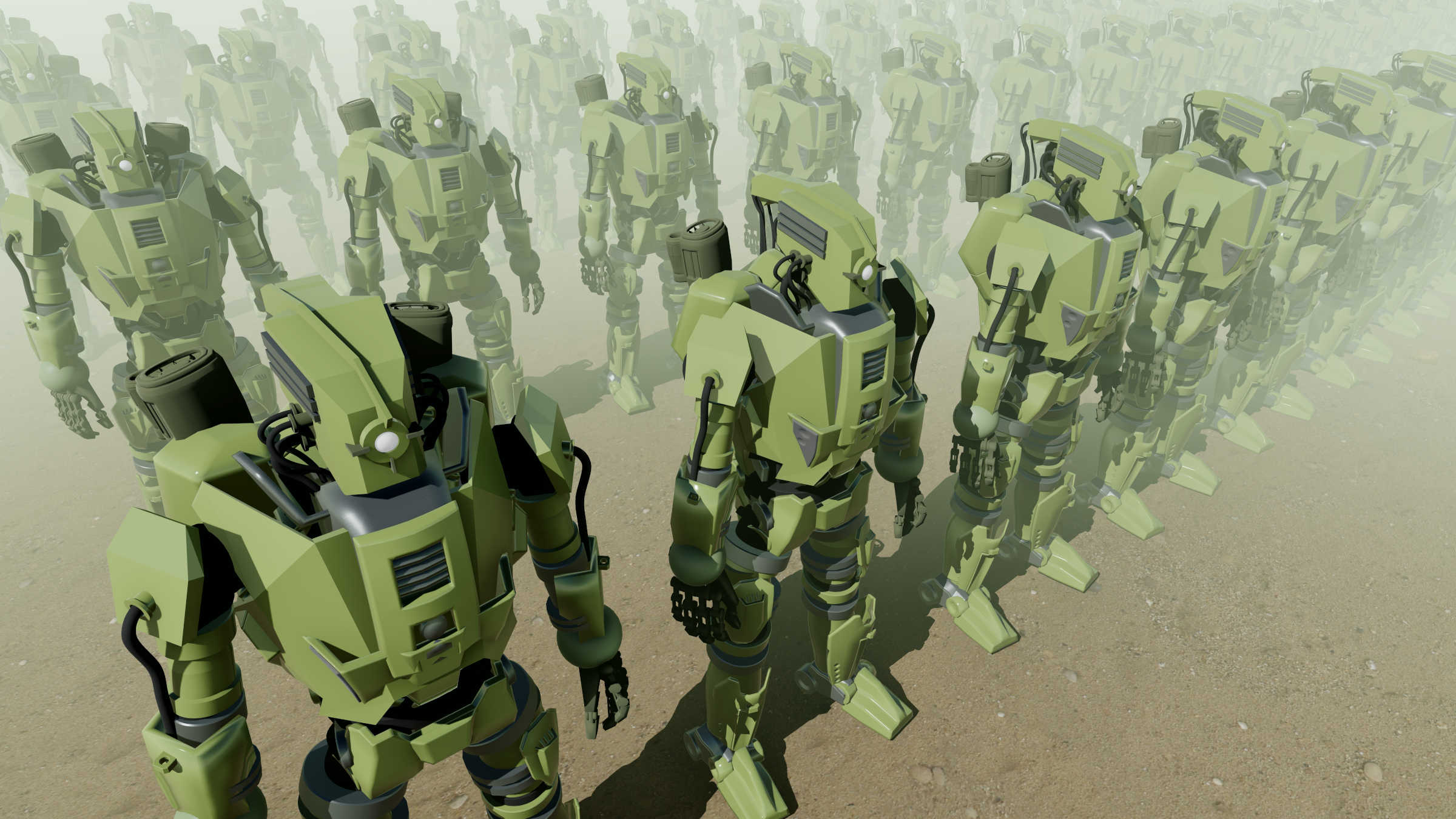News
Scientific Applications of Generative AI
Wigderson Named Turing Awardee for Decisive Work on Randomness
Perspectives on AI from Around the Globe
In Memoriam: Ross Anderson, 1956-2024
Safety Fears Raised Over Risks of ‘Penetrative AI’
More Efficient Fault-Tolerant Quantum Computing
Forget the Catastrophic Forgetting
Can ChatGPT Learn Chinese or Swahili?
Answers Begin to Surface to Deep Earth Puzzles
Governments Setting Limits on AI
Edge AI Devices Eye Lifetime Learning
Shape the Future of Computing
ACM encourages its members to take a direct hand in shaping the future of the association. There are more ways than ever to get involved.
Get InvolvedCommunications of the ACM (CACM) is now a fully Open Access publication.
By opening CACM to the world, we hope to increase engagement among the broader computer science community and encourage non-members to discover the rich resources ACM has to offer.
Learn More


